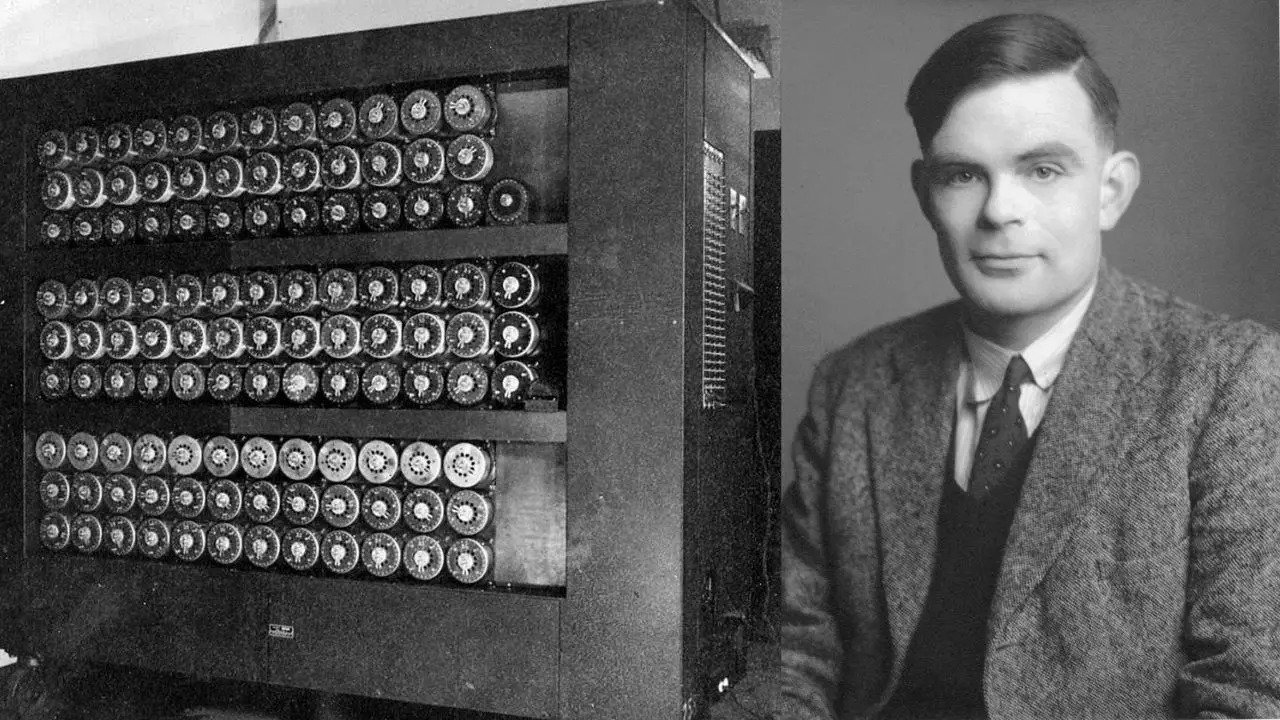We are in the process of organizing our eighth annual formal epistemology workshop. The purpose of these workshops is to bring together faculty and graduate students with an interest in the use of formal methods in epistemology (broadly construed) in small, focused meetings. Topics of interest include (but are not limited to) the following:
• Ampliative inference (including inductive logic);
• Foundations of probability and statistics;
• Epistemic Logics and theories of belief revision;
• Game theory and decision theory (including social choice theory);
• Issues at the interface between formal and traditional epistemology.
The eighth workshop is scheduled for May 19 – 21, 2011 and will be held at the University of Southern California. The website for the workshop is (as usual):
We are now accepting submissions for FEW 2011. Please send submissions by email to Branden Fitelson . Submissions are due — in the form of full papers — by March 1, 2011; notifications of acceptance either as definite presenters or as alternates will be sent out by April 1, 2011. It is likely that some of the papers presented at FEW 2011 will appear in a special issue of the Journal of Philosophical Logic.
In addition to contributed papers, we will also have three keynote lectures. We are delighted to have the following three keynote speakers this year: Mark Colyvan, Chris Hitchcock, and Deborah Mayo.
Those interested in participating in the workshop (e.g., by commenting on a paper or helping with organization, etc.) should contact one of the organizers listed below.
We will be able to contribute $250 in travel funds for each graduate student who presents or comments on a paper. Our funding is limited this year, however, so it is unlikely that we will be able to provide funding for people who are not on the program.
Kenny Easwaran
Shieva Kleinschmidt USC
Branden Fitelson
Rutgers
 
Reposted from Certain Doubts






